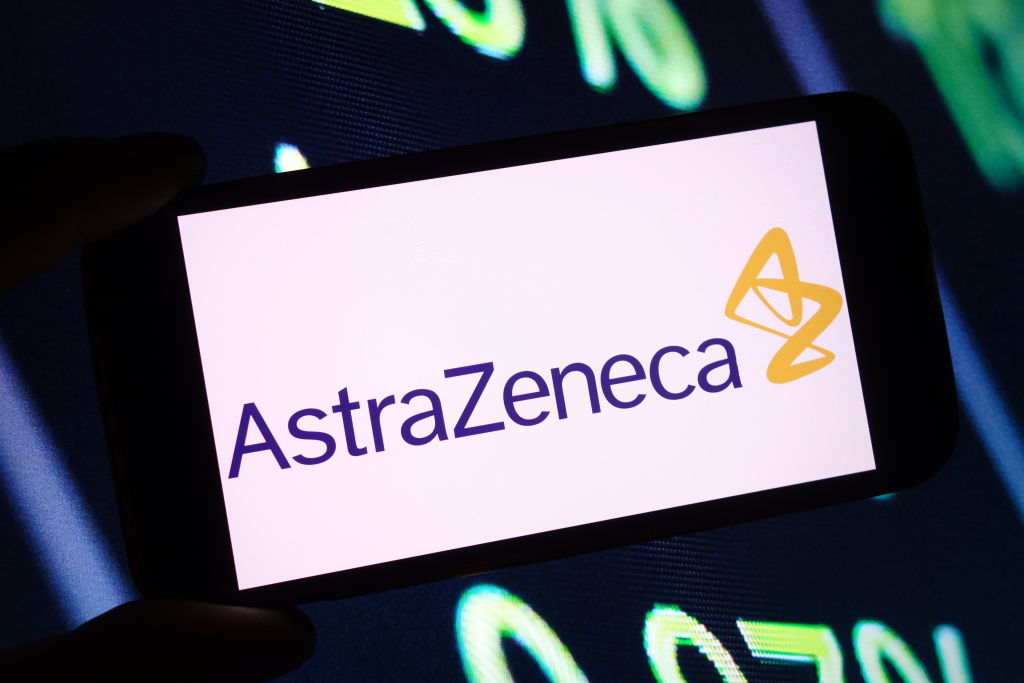The failure of AstraZeneca’s AZD4041 drug trial to combat opioid use disorder (OUD) highlights the challenges in developing non-opioid medications for addiction and withdrawal, according to a report on Wednesday.
OUD is a chronic neurological disorder that causes compulsive, repeated use of opioid drugs, leading to prolonged self-administration.
The company recently terminated the development of AZD4041 during a Phase II trial, as the orexin 1 receptor antagonist showed a drug-drug interaction with an antifungal.
The GlobalData report, a data and analytics company, showed that six out of the seven agents currently in late-stage development (Phases IIb–III) are non-opioids. It added that there is a distinct lack of efficacy data for other pipeline agents.
“Opioid agonists dominate the treatment landscape for OUD, but their use is marked by a risk of ‘diversion’—the illicit use of opioid medications—which means their dispensing is often restricted to specialized treatment programs,” said Jos Opdenakker, Pharma Analyst at GlobalData.
Opdenakker said these issues have led to a significant push for the development of non-opioid medications to treat addiction and withdrawal.
Amid tough competition from existing opioid medications, “finding a non-opioid to match their efficacy is proving to be challenging,” he added.
Further, the report said that non-opioid pipeline treatments are expected to enter the market as adjunctive treatments to the existing first-line therapies. Hence, they are unlikely to replace standard opioid treatments like methadone or buprenorphine as first-line treatments for OUD, the report said.
The report also forecasts that opioid agonist therapies could drive combined sales of approximately $1.75 billion by 2033 in eight major markets— the US, France, Germany, Italy, Spain, the UK, Canada, and Australia—and make up 83.8 percent of the OUD market.
Such market dominance reflects the lack of an effective alternative to opioid agonist therapies and highlights patient preferences, which play a key role in OUD treatment.
“The OUD treatment landscape is bereft of an effective non-opioid therapy to challenge existing opioid agonists. Although opioid agonists are the gold standard for treating OUD, they have not solved the opioid crisis,” Opdenakker said.
“Any non-opioid product that reaches the market with a strong efficacy and safety profile for treating OUD would likely see strong uptake and disrupt the OUD market,” he added.
(Inputs from IANS)




















